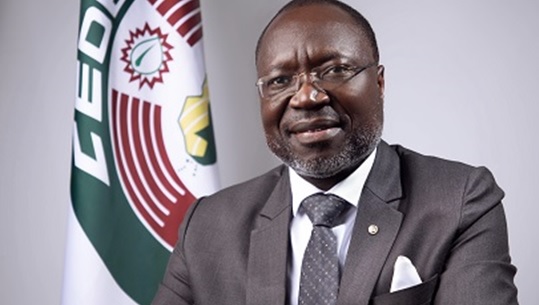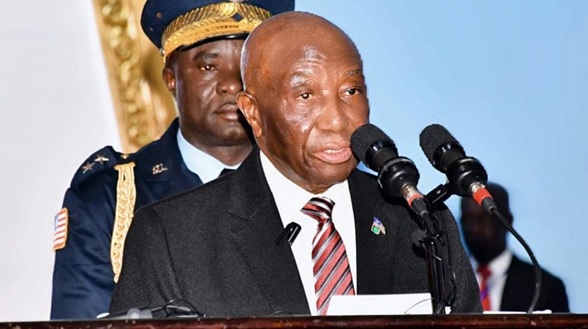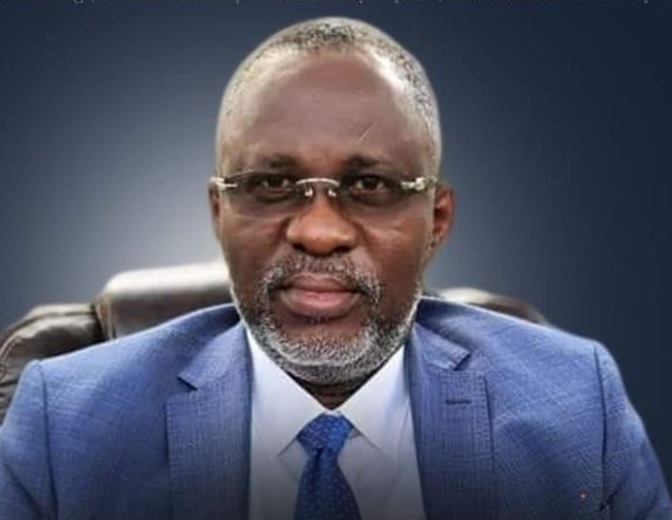MONROVIA, LIBERIA — A high-level delegation from the Economic Community of West African States (ECOWAS) arrived in Liberia on Monday, August 26, 2024, to assess the escalating political tension in the country. The visit follows a formal complaint lodged by former President George Weah against the administration of President Joseph Boakai.
In a strongly worded letter dated August 23, 2024, Weah appealed to ECOWAS to intervene, alleging a systematic campaign by the Boakai administration to undermine democratic processes and suppress political opposition in Liberia. He detailed a series of incidents he claims reflect a troubling pattern of political repression, culminating in a violent raid on the headquarters of his party, the Coalition for Democratic Change (CDC), on August 22, 2024.
According to Weah, the raid was conducted under the guise of a drug operation but was, in reality, an “unprovoked attack” aimed at intimidating CDC members and stifling dissent. “This attack was not an isolated incident,” Weah wrote in his letter to ECOWAS President E. Omar Alieu Touray. “It is part of a deliberate and escalating strategy by the Boakai administration to silence political opposition and dismantle our party’s ability to challenge the government’s actions.”
Weah further alleged that the August 22 raid followed a similar incident on August 5, 2024, when security forces stormed the CDC headquarters, heavily armed and without legal justification. He accused President Boakai of personally ordering these actions, stating, “As former leaders of the country, we know that these brazen acts of aggression are under the instruction of President Joseph Boakai himself, who has said that he intends to diminish the CDC’s ability to mount any meaningful political fight in the future.”
The ECOWAS delegation, led by H.E. Omar Alieu Touray, will be in Liberia for a brief working visit, concluding on August 28, 2024. According to a letter from Madam Joséphine Nkrumah, ECOWAS Resident Representative in Liberia, the delegation requested a meeting with former President Weah on August 26, 2024, to discuss his allegations and assess the political situation firsthand.
“We look forward to fruitful discussions,” Nkrumah’s letter stated, underscoring ECOWAS’s commitment to understanding the complexities of the current political climate in Liberia.
The Boakai administration has yet to respond publicly to Weah’s allegations or the ECOWAS visit. However, the government’s critics argue that the presence of the ECOWAS delegation highlights the seriousness of the accusations and the potential impact on Liberia’s fragile democracy.
As the situation unfolds, all eyes are on Monrovia, with many hoping that ECOWAS’s involvement will help de-escalate tensions and reinforce democratic norms in Liberia.







